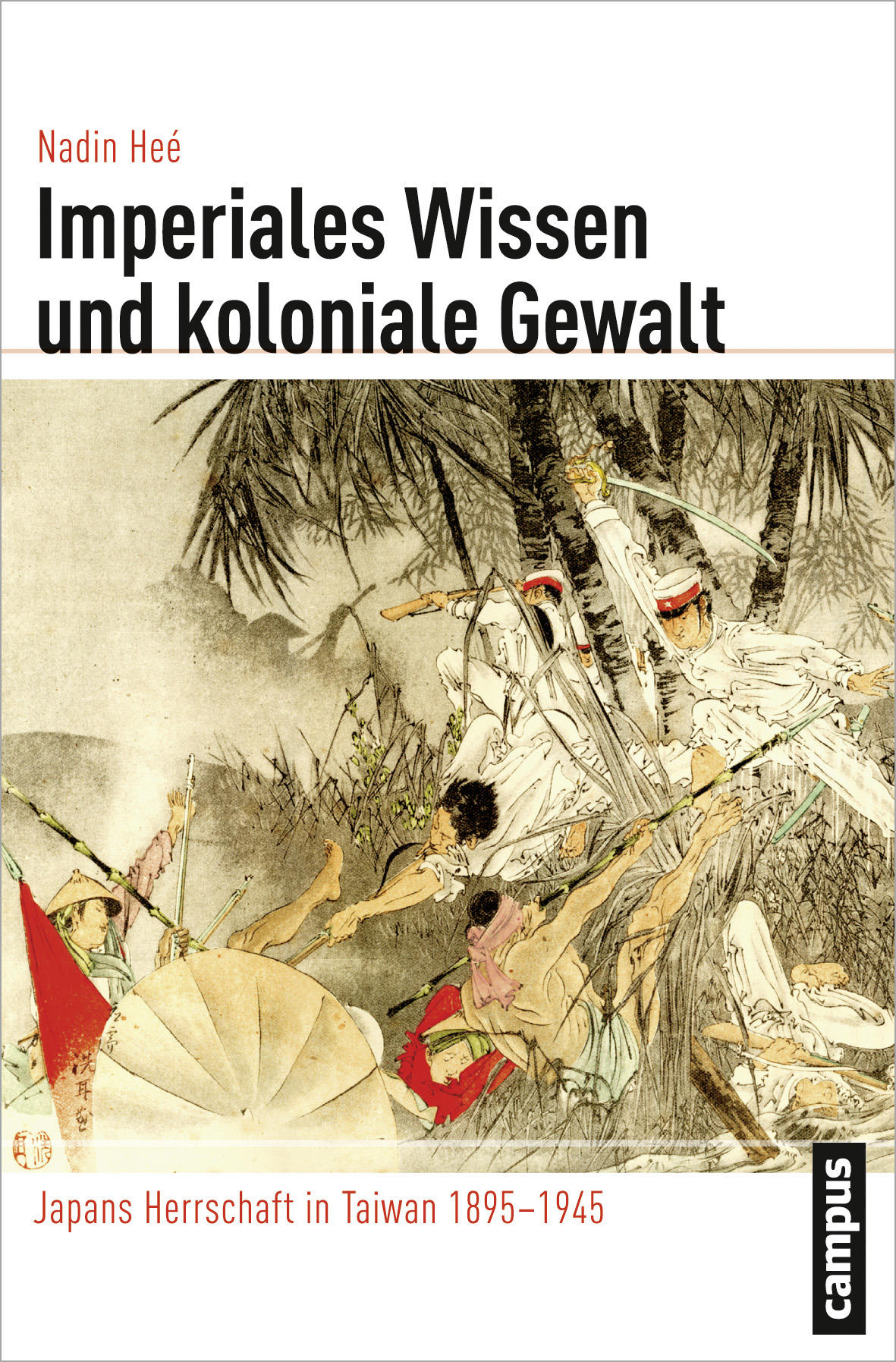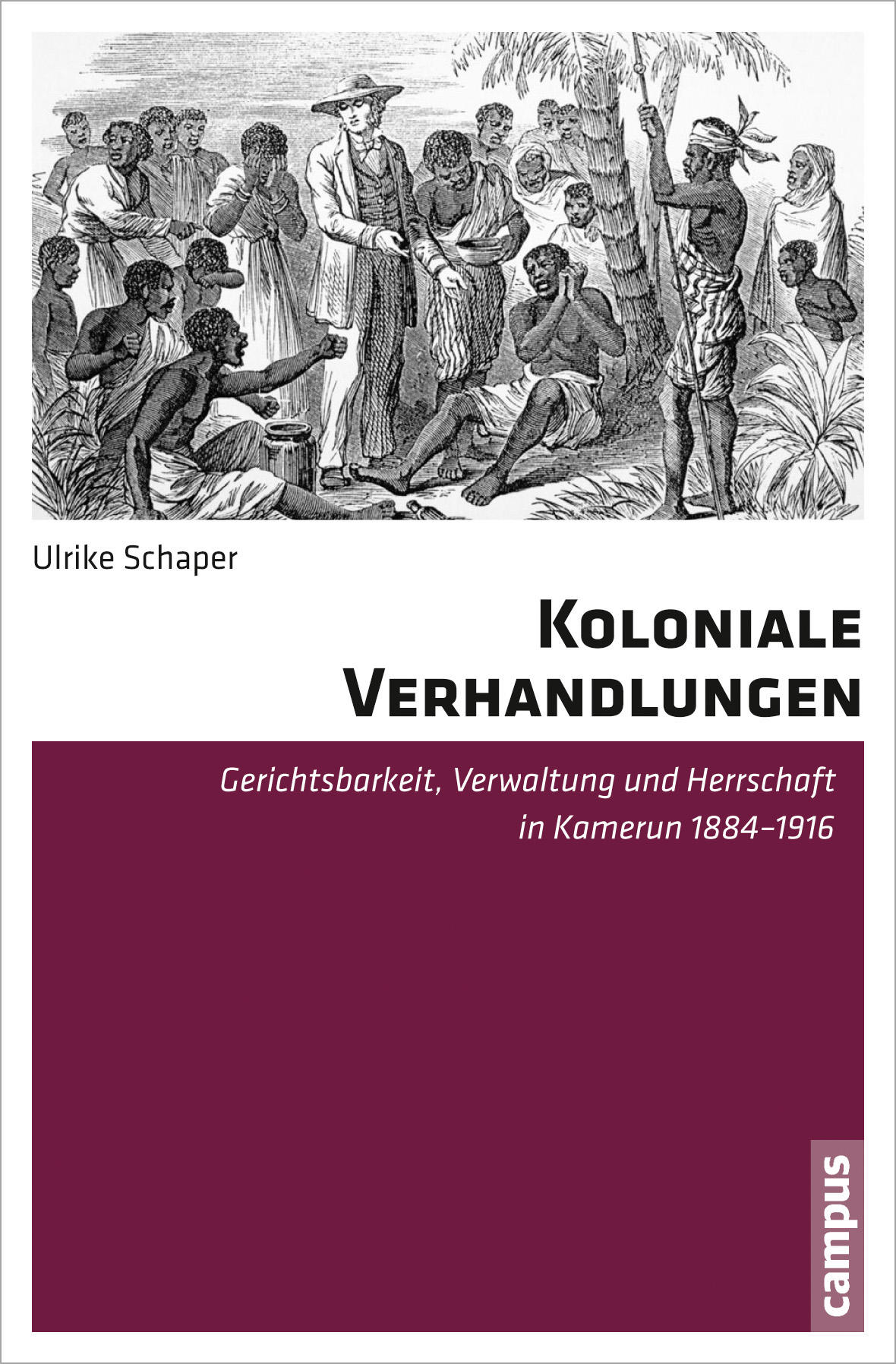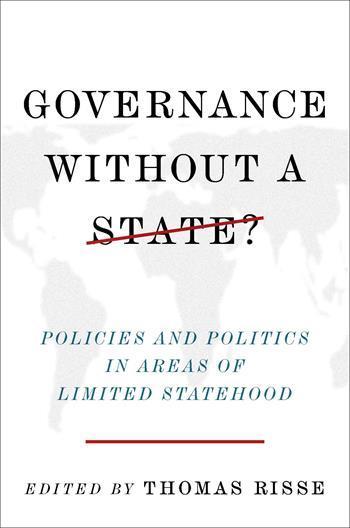Knowledge and Rule: Scientific Colonialism in Germany's and Japan's Colonies (SFB 700)
From 2006 through 2009, Sebastian Conrad, Ulrike Schaper and Nadin Heé participated in the Collaborative Research Center (=SFB 700) “Governance in Areas of Limited Statehood,” with a project on “Knowledge and Rule: Scientific Colonialism in Germany’s and Japan’s Colonies, 1884-1937”.
The SFB 700 is a Collaborative Research Center funded by the German Research Foundation - Deutsche Forschungsgemeinschaft (DFG) for a period of 12 years. Some 60 scholars are involved, most of them political scientists, historians, and legal scholars. Its research projects take as their point of departure the observation that most contributions to governance research take certain features of modern statehood for granted. Core elements usually comprise “effective territorial sovereignty” and/or the fundamental ability to enforce political decisions. These assumptions do not hold outside the OECD world and from a historical perspective. Instead, most countries in the contemporary international system contain areas of limited statehood in which the state’s ability to implement and enforce political decisions and/or to maintain a monopoly over the means of violence is at best incomplete. However, areas of limited statehood are neither ungovernable nor ungoverned. Rather, we find various governance arrangements including governance by state actors, by cooperative arrangements between state and non-state actors, by self-regulating private actors, and by actors for whom the modern dichotomy of “public” versus “private” does not hold. The SFB 700 analyzes these various modes of governance in areas of limited statehood from both empirical and normative perspectives.
The research project on “Scientific Colonialism” investigated the interrelation of knowledge and the exercise of rule, including governmental and non-state actors, that was established in the colonial states. Through the comparison of German and Japanese colonialism, special features of the scientific colonialism in the late 19th century came into focus. The complex interplay of imperial order, the colonial state, and the activities of local actors was at the core of our empirical research.
Selected publications from the research project:



For more information, see the webpage of the SFB.





